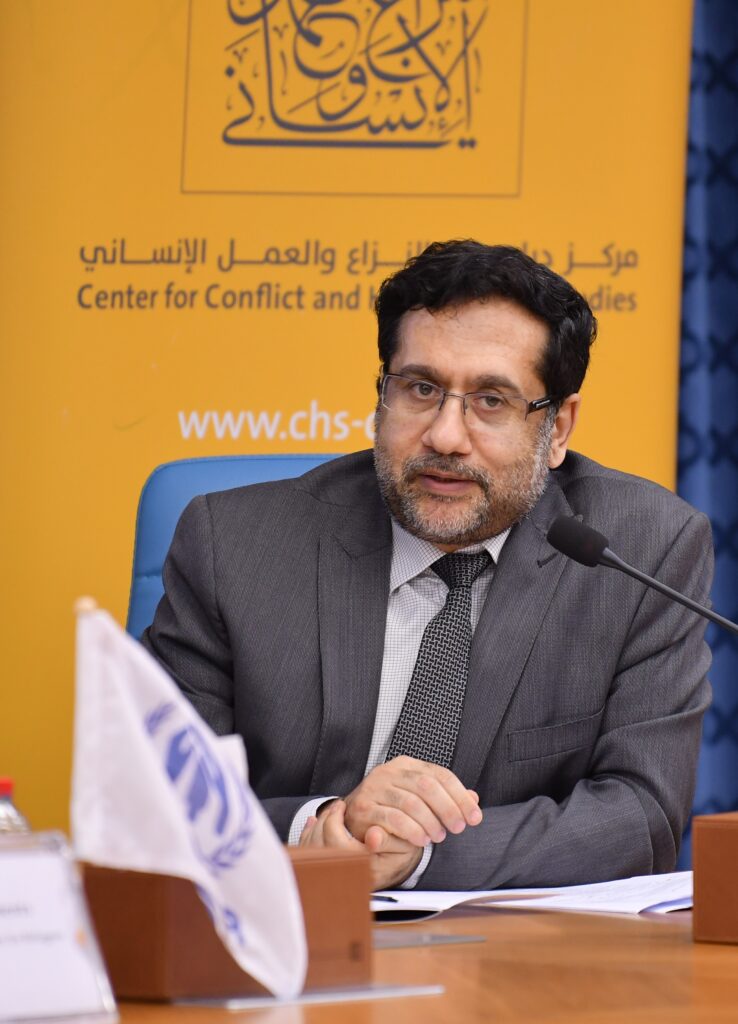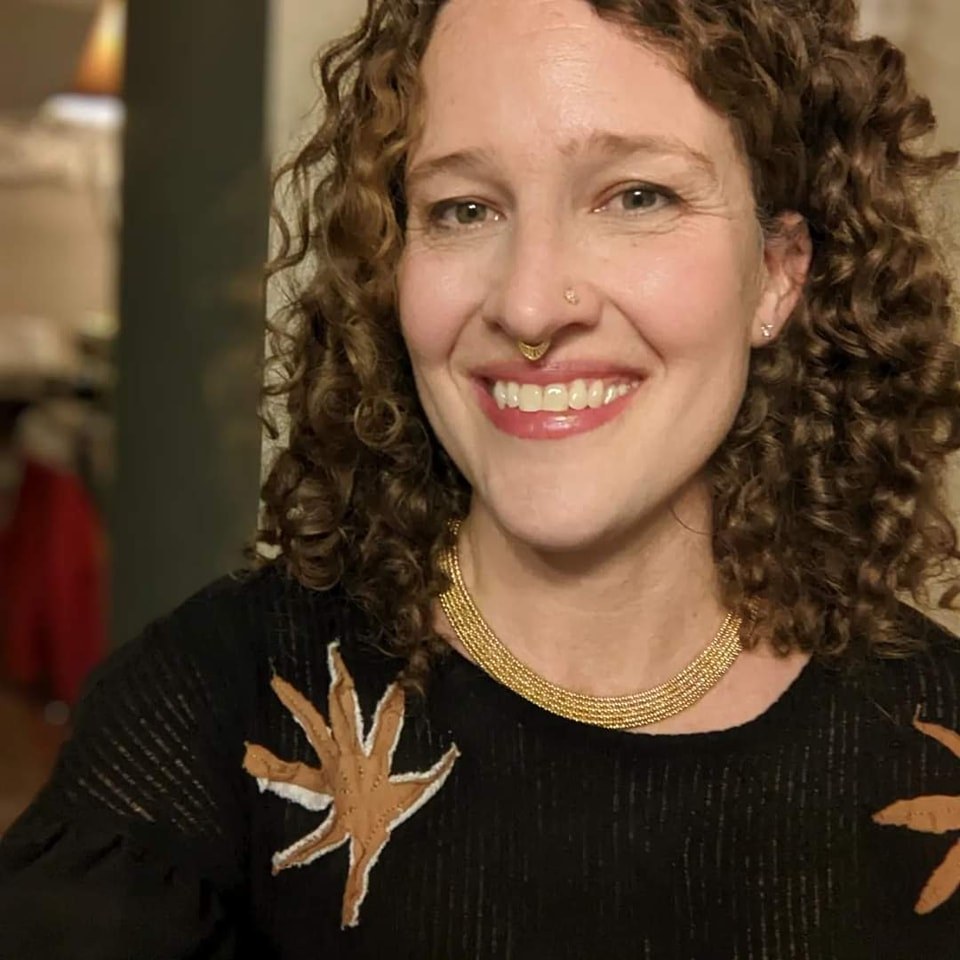Prof. Gilles Carbonnier, Vice-President, ICRC
Gilles Carbonnier is the vice-president of the International Committee of the Red Cross (appointed in 2018). Dr Carbonnier has over thirty years of experience in humanitarian action, international development and trade. Since 2007, Dr Carbonnier has been a full professor of development economics at the Graduate Institute of International and Development Studies (Geneva), where he also served as
director of studies and president of the Centre for Education and Research in Humanitarian Action.
His expertise is in international cooperation, war and peace economies, and the nexus between natural resources and development. His latest book is entitled Missing Dollars: Illicit Financial Flows from Commodity Trade (Brill, 2024). In 2016, he released the monograph Humanitarian Economics. War, Disaster and the Global Aid Market with Hurst and Oxford University Press.
Prior to joining the Graduate Institute, Dr Carbonnier worked with the ICRC in Iraq, Ethiopia, El Salvador and Sri Lanka (1989–1991), and served as an economic adviser at the ICRC’s headquarters (1999–2006). Between 1992 and 1996, he was in charge of international trade negotiations (GATT/WTO) and development cooperation programmes for the Swiss State Secretariat for Economic Affairs.


Dr. Ghassan Elkahlout
Ghassan Elkahlout is the Director of the Center for Conflict and Humanitarian Studies (CHS) in Doha, Qatar, and an Associate Professor of Conflict Management and Humanitarian Action at the Doha Institute for Graduate Studies. His work focuses on peacebuilding, humanitarian diplomacy, and mediation, with a particular emphasis on the MENA region and Palestine. He is the Chief Editor of the Journal of Peacebuilding and Development and has contributed to leading academic journals, including Third World Quarterly and the Journal of Disaster Risk Reduction.
He has also edited key volumes such as Gaza’s Cycle of Destruction and Rebuilding and Forced Migration in the Arab World. His Arabic-language book on humanitarian action provides a critical analysis of the sector’s challenges and evolving role in conflict settings. His forthcoming book with Hurst, From Gulf to Global: Qatar’s Rising Role in Conflict Mediation, explores Qatar’s expanding influence in international diplomacy and crisis resolution. Through his work, Dr. Elkahlout remains committed to bridging academic research with policy and practice, contributing to global debates on humanitarian action, mediation, and peacebuilding in conflict zones.

Prof. Heath Cabot